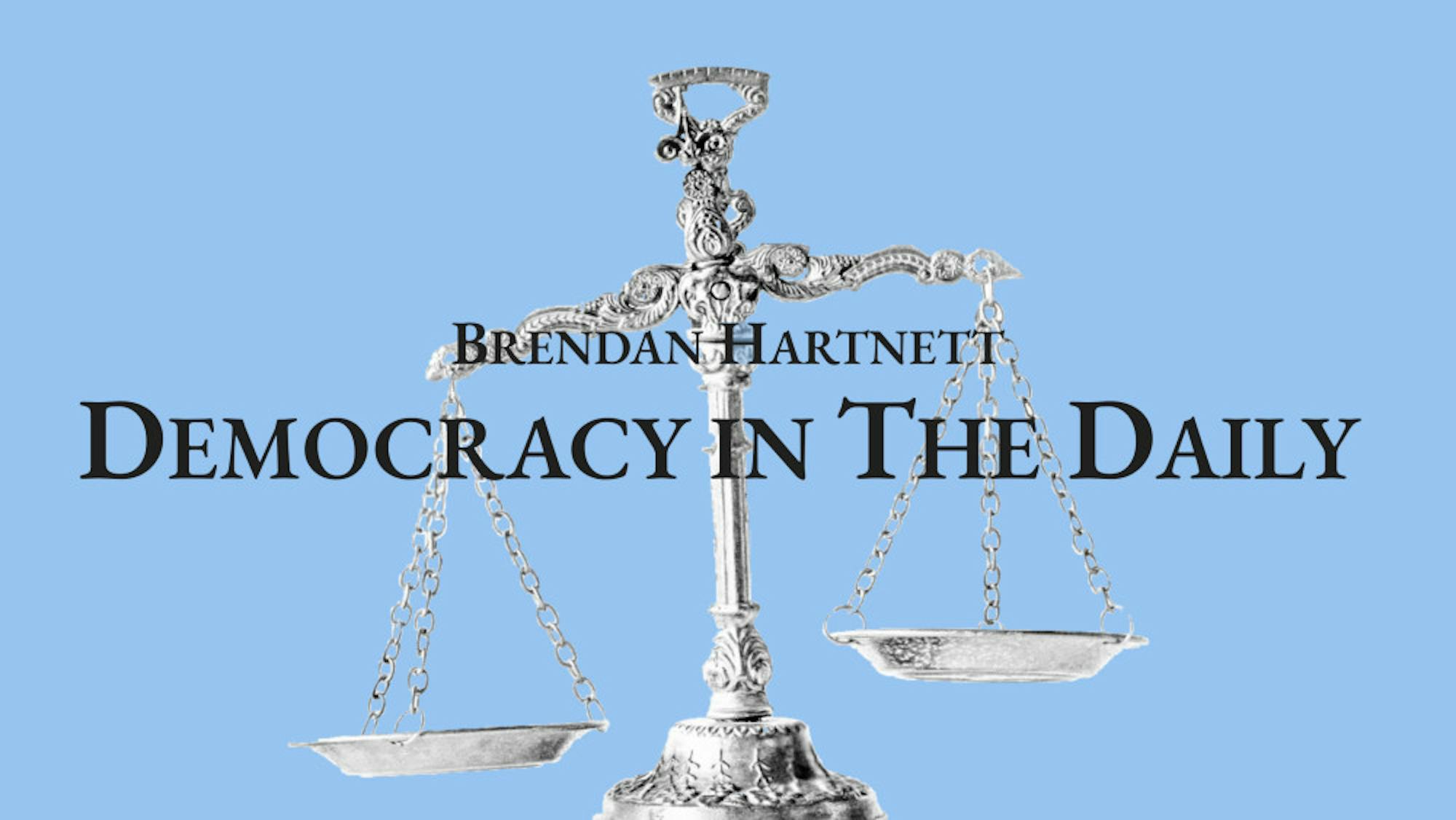Two pieces of legislation needed to maintain U.S. democracy face grim fates in the Senate: the For the People Act (H.R.1) and the John Lewis Voting Rights Advancement Act.
H.R.1 was passed in the House on Wednesday, March 3,and it is likely the greatest overhaul of U.S. election law in the past half-century.The bill would restrict efforts to purge voter rolls, bar partisan gerrymandering, institutionalize voting by mail and mandate at least 15 days of early voting in accessible locations.Additionally, it would work around discriminatory voter ID laws and restore the voting rights of disenfranchised felons.H.R.1 passed on a near party-line vote (220-210).
The John Lewis Voting Rights Advancement Act strengthens the 1965 Voting Rights Act. Section 5 of the Voting Rights Act established that states with a history of discriminatory politics needed preclearance from the Department of Justice or a court to change electoral laws.But Shelby County v. Holder (2013) essentially removed preclearance, stating that its formula for determining which states and jurisdictions require preclearance was outdated.Importantly, it did not rule Section 5 unconstitutional. However, by undermining Section 5, Shelby County v. Holder opened the floodgates for electoral manipulation; states previously covered by Section 5 implemented discriminatory voting systems, designed to keep Black voters from the polls.
The John Lewis Voting Rights Advancement Act offers a solution to Shelby v. Holder; it redefines the formula for determining which states and jurisdictions have a history of discrimination and thus need preclearance before altering election laws.
Both bills, despite their ability to fly through the House, will likely be halted by the Senate. Unlike the COVID-19 stimulus bill, which was able to avoid the filibuster due to budgetary reconciliation, H.R.1 and the John Lewis Voting Rights Advancement Act do not concern taxes or spending, and thus require 60 senators to break the filibuster and allow a vote.
Republicans have the most to lose from H.R.1 and the John Lewis Voting Rights Advancement Act. While Democrats have also gerrymandered electoral districts — in places like Maryland — Republicans benefit from racial discrimination in elections.As demonstrated in Georgia, Black peoples' votes can propel Democratic success.
Regardless of partisan aspirations and incentives, both bills are integral to democracy. As argued in Steven Levitsky and Daniel Ziblatt’s “How Democracies Die” (2018), free and fair elections are a precondition to democracy.When politicians try to change the rules of the democratic game by instituting laws that provide them with political benefits, they undermine democracy. Republicans are pushing against this measure to maintain the benefits they have accrued since their post-Shelby electoral engineering; they are unlikely to willingly relinquish this unfair advantage.
Inhibiting the political equality of certain groups — in this case, primarily Black voters and people of color — is undemocratic.The long history of voter discrimination and the disenfranchisement of Black Americans does not need to be repeated; it must end now.






